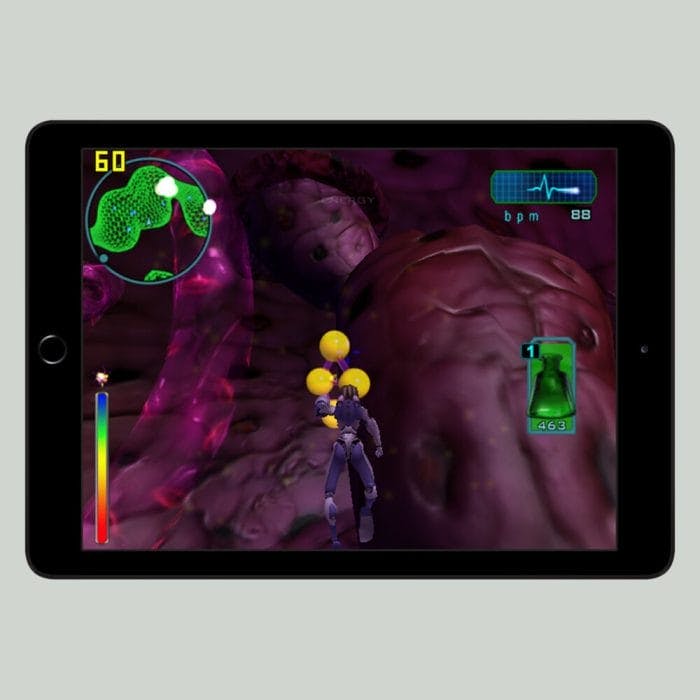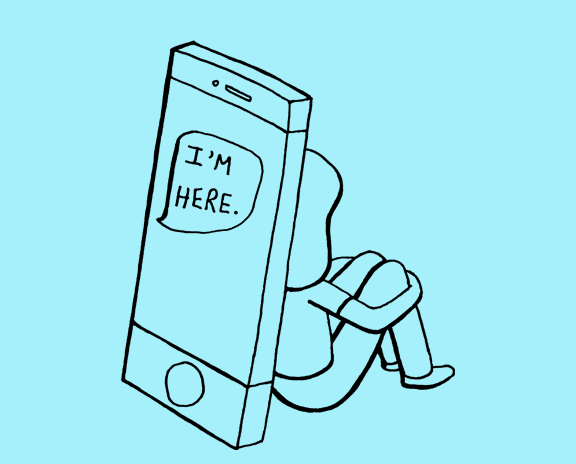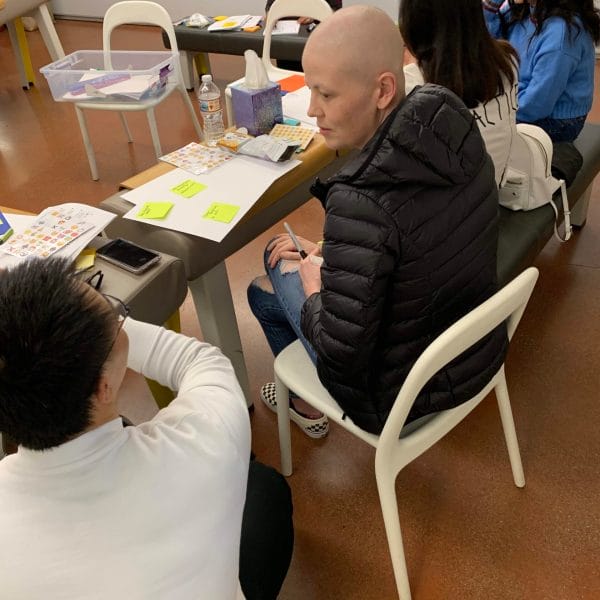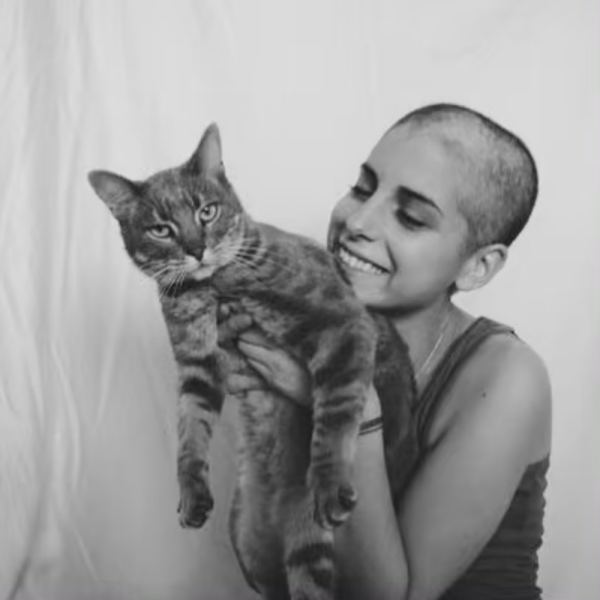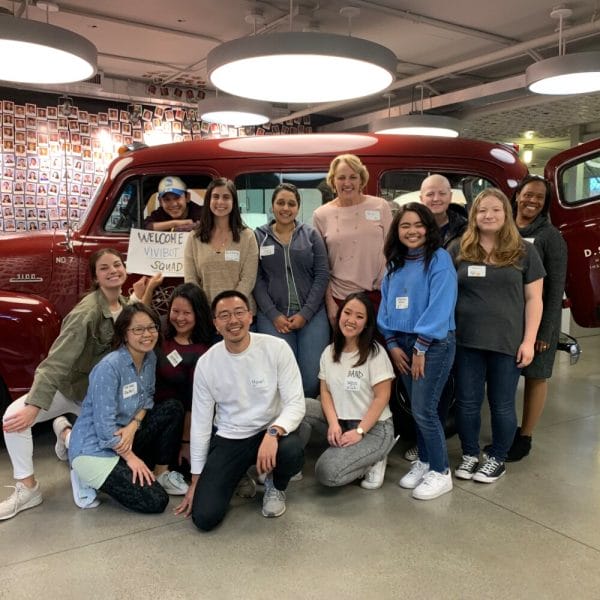In order for a cancer patient to be successfully treated, many things have to go right: a correct diagnosis has to be made, a proper treatment plan has to be prescribed, and the patient has to be motivated to actively participate in the demands of their own treatment and recovery. Typically, when we think of oncologists, we think of IVs and chemotherapy. But recently I had an opportunity to meet up with Dr. Peri Kamalakar who also brings iPads and video games to the fight against cancer. Here’s what Dr. Kam, as he’s affectionately known by his patients, had to say during our chat.
Hopelab: Hi Dr. Kamalakar. For our audience, can you say something about your background and medical practice?
Dr. Kamalakar: Sure. I graduated from Kansas City University of Medicine and have been practicing for over 40 years. My clinical interests range from pediatrics and blood disorders to pediatric oncology and hematology. I’m the Director of The Valerie Fund Children’s Centers for Cancer & Blood Disorders at the Newark Beth Israel Medical Center in New Jersey.
Hopelab: For many, “pediatric oncology” conjures up images of CAT scans, IVs, and chemotherapy, and rightly so—these are the tools of your trade. But you recently had an experience involving the impact of a video game, of all things. I’d love to hear more about that.
Dr. Kamalakar: That’s right, a couple weeks ago, I was examining a four-year old boy for the first time at Children’s Hospital of New Jersey at Beth Israel Medical Center in Newark. The mother was worried to death, suspecting her son might have cancer. Fortunately, he did not. In order to assure her, however, I needed to examine the child. Unfortunately, he was clinging to his mother and would not let me near him. There was no way he would let me feel his belly or look in his mouth. I left the room and called my “Magic Lady”— her name’s Jill, our child life therapist, and Jill walked in the room with her “Magic iPad!”
Kevin: And what sort of spell did Jill cast?
Dr. Kamalakar: Well, it took her less than thirty seconds to involve him in a video game on the iPad, and when I walked back in the room, he ignored me while I examined him with no problem! He opened his mouth and even lifted his shirt for me to feel his tummy. The iPad distracted him completely and allowed me to give him a thorough examination.
Hopelab: That’s wonderful, the notion that a game can distract a patient long enough for you to do your evaluation. Of course, given the work we do here at Hopelab, we’re eager to hear your thoughts on Re-Mission 2.
Dr. Kamalakar: Not only can an iPad or a video game distract a child and reduce perceived fear or trauma, I’ve witnessed Re-Mission 2 in action. It’s a very effective tool that helps a child understand what a cancer cell is and how chemotherapy works on cancer cells. As the Chinese proverb goes, a picture is worth 1,000 words, and when that picture is a deeply immersive experience, it’s worth more than that. Re-Mission 2 visually helps a child understand the bad buy (cancer cell) versus the good guy (chemo treatment), and helps the boy or girl grasp the importance of taking medication properly and helps facilitate individual treatment.
Hopelab: That’s wonderful, Dr. Kamalakar. Thank you so much for your time.
Dr. Kamalakar: You bet, my pleasure.
Learn more about Re-Mission 2 online video games.
Download the free Re-Mission 2 mobile app for iOS and Android.
Spread the word to nurses, social workers, doctors, and children and families impacted by cancer.
